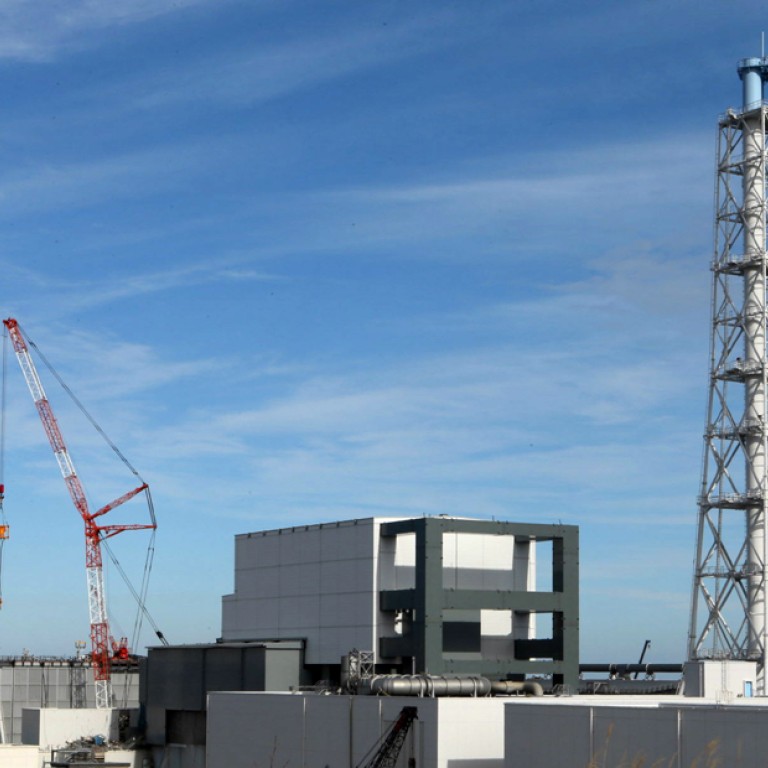
Atomic power still the cleanest option
Nuclear power is important for reliable energy, clean air and a high standard of living. The benefits and risks have been exhaustively debated since the first commercial reactors began operation in the 1950s, yet there is still a considerable gap in public understanding of atomic energy.
Nuclear power is important for reliable energy, clean air and a high standard of living. The benefits and risks have been exhaustively debated since the first commercial reactors began operation in the 1950s, yet there is still a considerable gap in public understanding of atomic energy. That deficit is in part behind continuing Japanese opposition to it almost three years after the Fukushima accident, although the issue was not emotive enough to give anti-nuclear candidates for the Tokyo governorship the edge in recent elections. Nor is it reasonable cause for concern that Hong Kong producer CLP Power intends to increase by 10 per cent the amount of electricity it gets from the Daya Bay station.
A vocal minority oppose nuclear power. They object for a variety of reasons, among them safety, cost, environmental concerns and nuclear war risks. The crisis caused by the meltdowns, equipment failures, radiation leaks and unpreparedness at the Fukushima Daiichi plant after the earthquake and tsunami on March 11, 2011, was understandable cause for a reassessment of nuclear power. Communities ultimately have to be pragmatic, though; for now, there is no energy source that is as clean or dependable.
CLP, needing to cut emissions from its coal-fired Castle Peak plant to meet government-mandated targets, naturally sees electricity from the Daya Bay station it part-owns through a subsidiary as the most cost-effective alternative. By its reckoning, nuclear is less expensive than natural gas and will ease pressure to raise tariffs by a projected 40 per cent by 2018. It is for similarly practical reasons that Tokyo voters turned to former health minister Yoichi Masuzoe to become the city's next governor. He supports Prime Minister Shinzo Abe's plans to restart Japan's stalled atomic power industry while his rivals campaigned on anti-nuclear platforms, but it was his focus on jobs, the economy and social welfare - of greater concern to the Japanese electorate - that swept him into office.
Fukushima was one of only three major accidents in more than 14,500 cumulative reactor years of commercial nuclear power production in 33 nations. Risks are negated if reactors are properly built, operated and monitored, and nuclear fuel and waste carefully stored. Atomic power, unlike coal, oil or gas, emits no pollutants, so saves untold numbers of lives. Until a better alternative is found, it is the best way to reliably produce large amounts of electricity and prevent global warming.

